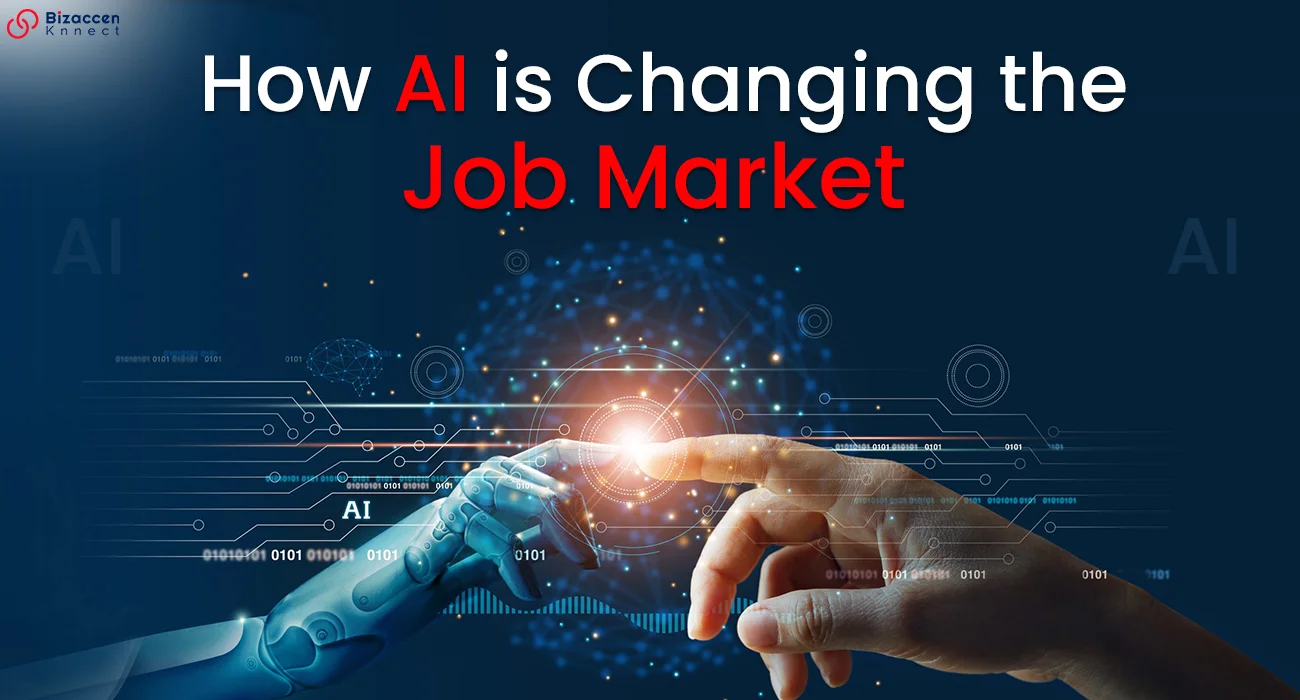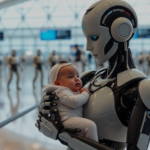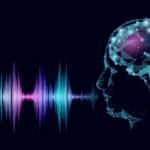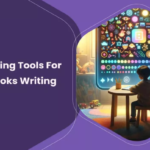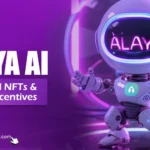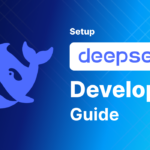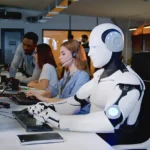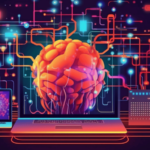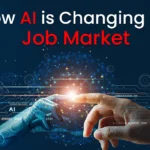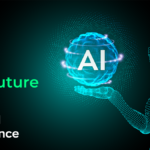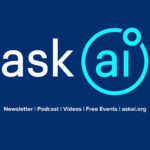Artificial intelligence (AI) is transforming the job market in profound ways, redefining industries, and reshaping the workforce. As automation and machine learning technologies evolve, businesses and employees face both challenges and opportunities. In this comprehensive analysis, we explore how AI is impacting the job market and what lies ahead for workers and employers.
The Role of AI in Automation
AI-driven automation is at the forefront of job market transformation. Industries such as manufacturing, logistics, and customer service have seen a significant rise in automated processes. AI-powered robots and algorithms are capable of performing repetitive tasks with speed and precision, reducing costs and increasing productivity.
However, this trend raises concerns about job displacement. A report by the World Economic Forum predicts that by 2025, AI will displace 85 million jobs worldwide. While this may seem alarming, the same report highlights that AI is also expected to create 97 million new roles. These positions often require advanced skills, emphasizing the need for workforce reskilling and upskilling.
Key Sectors Affected by AI Automation
- Manufacturing: AI-powered machines are revolutionizing production lines by performing tasks such as assembly, quality control, and inventory management.
- Healthcare: From diagnostic tools to robotic surgery, AI is enhancing efficiency and precision, though it is also changing traditional roles.
- Retail and E-commerce: Chatbots and recommendation engines are replacing customer service representatives and sales associates.
- Finance: Algorithmic trading and fraud detection systems are automating tasks traditionally handled by analysts and auditors.
Opportunities Created by AI

While automation poses challenges, AI also offers numerous opportunities for job creation and economic growth. The development and deployment of AI technologies require skilled professionals, leading to a surge in demand for roles such as data scientists, AI engineers, and cybersecurity experts.
Emerging Job Roles in the AI Era
- AI Developers and Engineers: Building and maintaining AI systems.
- Data analysts and scientists: extracting insights from vast datasets.
- AI Ethicists: Ensuring ethical deployment of AI technologies.
- Cybersecurity Specialists: Protecting AI systems from threats.
- Human-AI Collaboration Managers: Facilitating seamless interaction between humans and machines.
AI in Entrepreneurship and Startups
AI is also empowering entrepreneurs by lowering barriers to entry. Small businesses can leverage AI-driven tools for marketing, customer engagement, and operational efficiency, fostering innovation and competition in various sectors.
Challenges in Adopting AI
Despite its benefits, AI adoption presents several hurdles. These include:
- Skill gaps: A significant portion of the workforce lacks the skills needed to thrive in an AI-driven economy.
- Economic Inequality: Disparities in AI access and adoption can widen the gap between developed and developing regions.
- Ethical Concerns: Issues like bias in AI algorithms and data privacy must be addressed.
- Regulatory Challenges: Governments and organizations need to establish policies to govern AI use responsibly.
Addressing the Skill Gap
To mitigate the impact of AI-driven job displacement, reskilling programs are essential. Governments, educational institutions, and private organizations must collaborate to provide accessible training in STEM (Science, Technology, Engineering, and Mathematics) fields, as well as soft skills such as creativity and problem-solving.
Fostering Inclusive AI Adoption
Equitable AI adoption requires investments in infrastructure and education, particularly in underserved regions. Initiatives aimed at democratizing access to AI tools can empower individuals and communities to participate in the digital economy.
The Future of Work in the AI Era
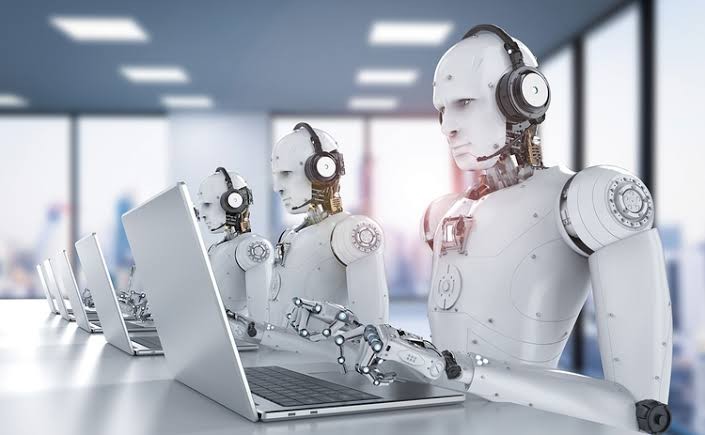
The integration of AI into the workplace is inevitable, but its impact will vary across industries and roles. Hybrid work environments, where humans and AI collaborate, are likely to become the norm. Employees will need to adapt by embracing lifelong learning and flexibility.
Industries Poised for Growth
- AI-Driven Healthcare: personalized medicine, drug discovery, and telehealth.
- Green Technology: AI applications in energy efficiency and climate change mitigation.
- Education Technology (EdTech): AI-powered learning platforms and virtual classrooms.
Conclusion
AI is reshaping the job market by automating routine tasks, creating new opportunities, and demanding a shift in workforce skills. The challenges posed by AI are significant but not insurmountable. By fostering innovation, investing in education, and addressing ethical concerns, we can harness AI’s potential to create a more inclusive and dynamic global economy.
